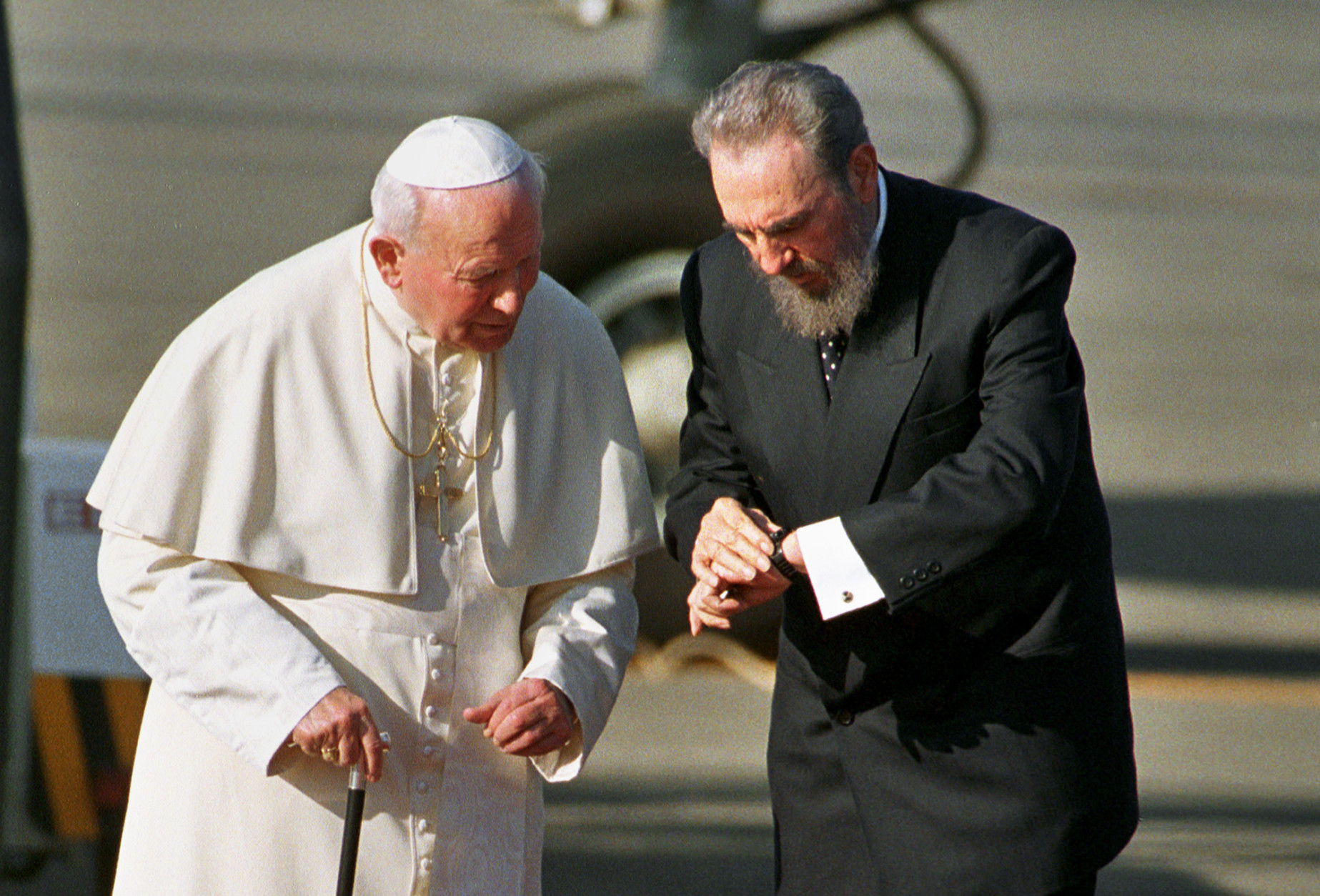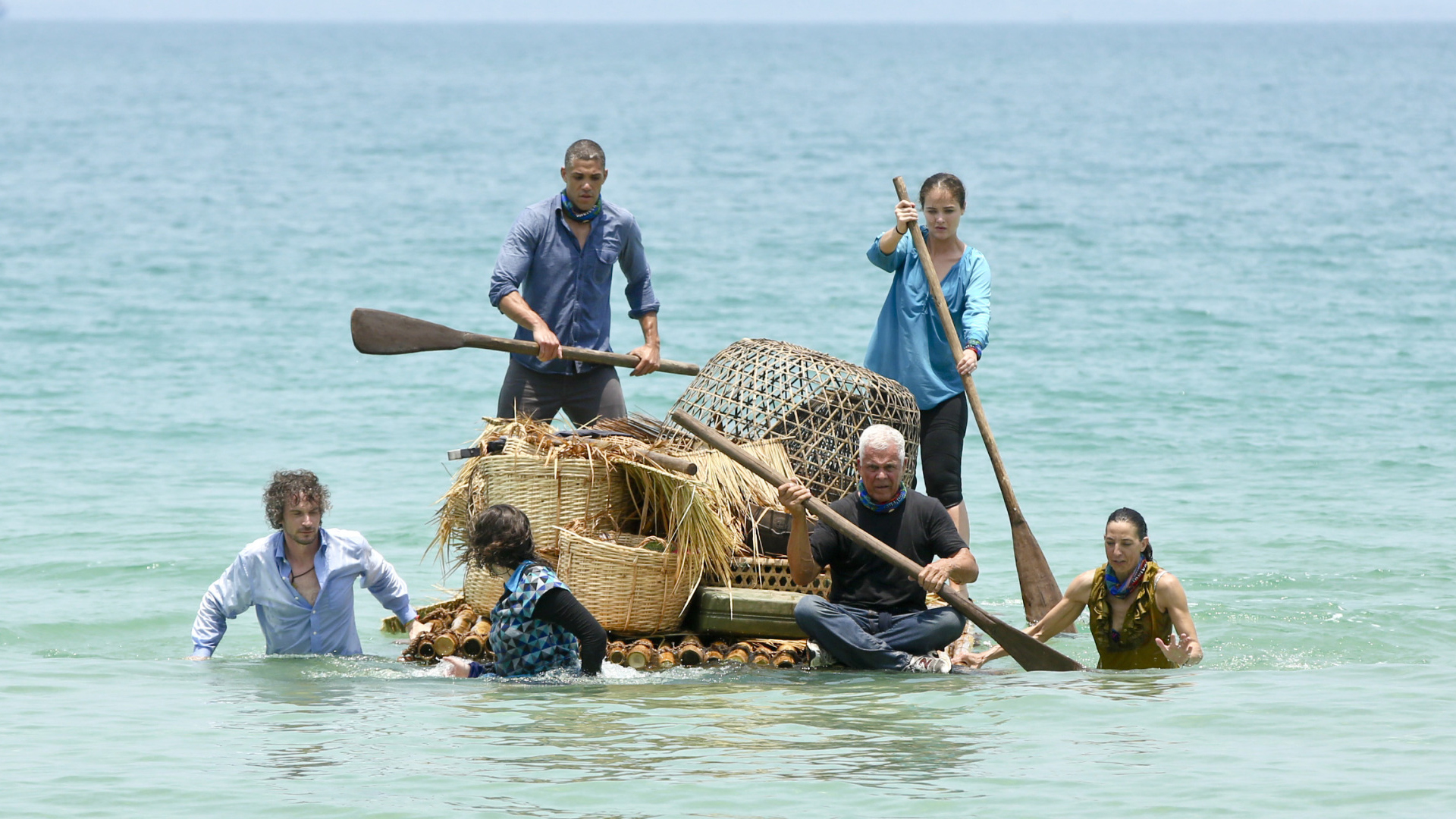We are not surprised that the Senate’s debate over Surgeon General-designate Joycelyn Elders ignored the malicious and ill-formed public remarks she has made about Catholics while serving as director of Arkansas’ Department of Health.
Still, it is dispiriting to be shown once again that anti-Catholic bigotry presents no barrier to one’s being considered for high public office in this land.
In a 1992 speech, our soon-to-be Surgeon General opined: “The first 400 years black people had their freedom aborted and the Church said nothing. The way of life for the Native American was aborted, the Church was silent. We attempted to eradicate a whole race of people through the Holocaust, and the Church was silent. … Look at who’s fighting the pro-choice movement—a celibate, male-dominated Church.”
In addition to being mean-spirited and less than creative in using “abortion” as a metaphor, Dr. Elders’ reading of history is obviously false. It is not reactionary or thin-skinned to query a public official about such an obvious appeal to religious prejudice. Indeed, questions about her anti-Catholicism go to the heart of what Senate confirmation hearings are supposed to be all about—determining whether Dr. Elders is fit to serve as the nation’s highest ranking public health official.
 Even at the most basic level, for Dr. Elders to use her public office as a pulpit to utter such ill-tempered falsehoods suggests lack of judgement and even a deficit of character.
Even at the most basic level, for Dr. Elders to use her public office as a pulpit to utter such ill-tempered falsehoods suggests lack of judgement and even a deficit of character.
She has charged, also, that pro-life Christians have a “love affair with the fetus” and “always want the children to be born but they don’t want to support them when they are born.” Those comments show that she knows very little about this country’s most extensive private health and human services network—the Catholic Church—which spends billions of its own money each year to help the poor, the aged, children and unwed mothers.
Her contempt for Christian opponents, whom she has called “non-Christians with a slave-master mentality,” shows an obvious disdain for the country’s heritage of diversity and pluralism and for the role that religion has traditionally played in American life.
Again, to be clear: It is not that Dr. Elders disagrees with the Catholic Church on issues of teenage sexuality, abortion and birth control. That is her right. What troubles us is that as a public servant Dr. Elders has demonstrated an anti-democratic impulse to squelch dissent and a pattern of religious intolerance. Dr. Elders would seem to deny the Church and people of faith the right to take part in the crucial national dialogue over these issues.
President Clinton and Senate Democrats and Republicans—including that body’s Catholics—passed on Dr. Elders without so much as a question about her anti-Catholic statements. This indicates that in a country that has long since stopped tolerating bigotry against most religious, ethnic and other groups, anti-Catholicism remains acceptable, even fashionable. That many Church leaders have kept quiet about Dr. Elders’ remarks also gives pause.
Originally published in Our Sunday Visitor (August 8, 1993)
© David Scott, 2009. All rights reserved.


